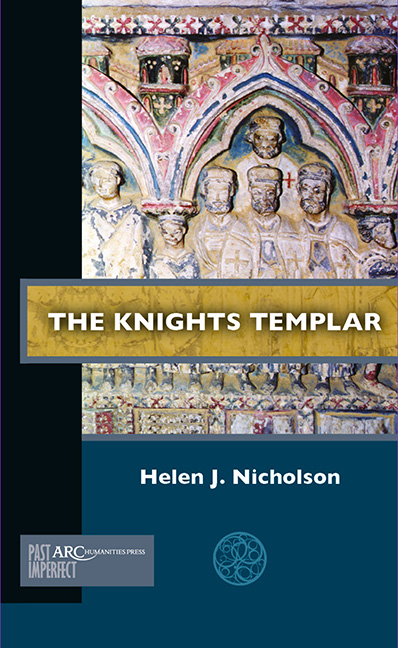Summary
The Knights Templar began in obscurity, and grew to be one of the most influential organizations in Christendom. From a small group of warriors who set out to serve God in the best way that they knew, the Knights Templar became a trans-European multinational organization at a time when the only trans-European multinational organizations were branches of the Christian Church. They held property in almost every Christian country in Europe, they had a permanent presence at the papal court and at most royal courts in Latin Christendom, and their members served governments as diplomats, treasurers, and advisors. They were the living embodiment of the Latin Church's reform movement of the eleventh and twelfth century, demonstrating that non-noble people could be virtuous and could serve God in action. The Templars and other new religious movements of their time showed that to reach God, it was no longer necessary to shut oneself up in a religious community and spend one's days in prayer and self-denial; a Christian could go out into the world and serve God in whatever way they knew best. Some Christians served in hospitals, some travelled the roads of Europe preaching God's Word; the Templars defended Christians and Christian territory.
The Templars began in Jerusalem, in the decades following the first crusade's capture of that city in 1099. They acquired their title from their base in the Aqsa mosque, which the Franks called “Solomon's Temple.” It took them a decade to get the attention of their contemporaries in Europe, but the reaction—when it came—was almost entirely positive. True, Templars did not fit the traditional model of servants of God: they were not of noble birth, they did not spend their lives shut away in prayer and fasting, and as warriors they could not adhere to the ideals of poverty and austerity held by the early Church because they had to invest in military equipment and horses. Yet they gained fame for their discipline, their courage on the battlefield, and their self-denying piety. In the wake of the first crusade, clearly military skill was needed as much as prayer to defend Jerusalem and the other holy places which the crusaders had won. The Templars embodied contemporary warriors’ view that warriors could serve God with their military skills at least as well as monks could serve God with prayer.
- Type
- Chapter
- Information
- The Knights Templar , pp. 1 - 10Publisher: Amsterdam University PressPrint publication year: 2021



